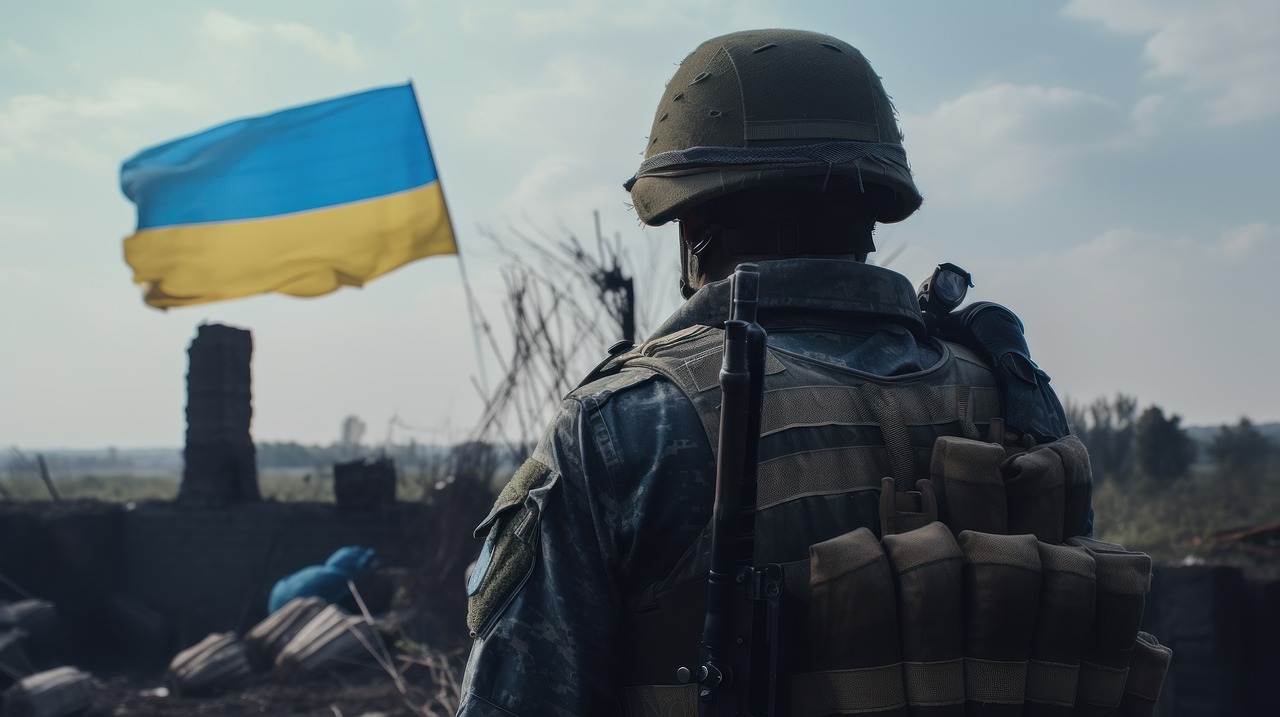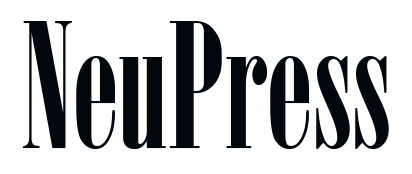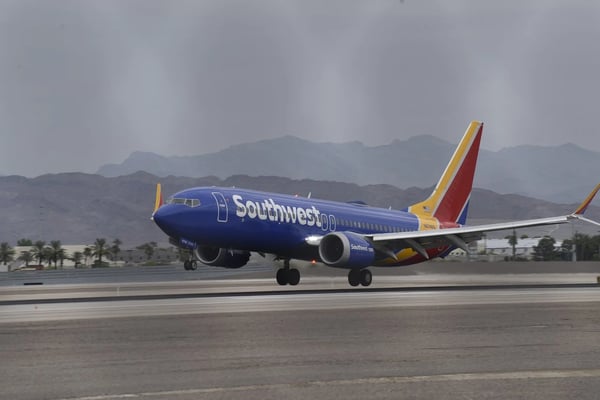The Sisters of St. Francis sold a 43-acre parcel of land to Aston Township for a price of $1.9...
A deepdive into the Ukrainian-Russian War

This year marks the two-year anniversary of Russia’s full-scale invasion of Ukraine, an invasion that has resulted in an on-going war, claiming the lives of more than half a million people.
This war was precipitated mainly on the claims of current Russian leadership, who firmly hold that Ukraine is not its own nation, and that Russians and Ukrainians are the same people.
These claims by Putin are false as Ukraine officially claimed independence in 1991, and their journey for independence started long before.
Around 400 years ago, liberation movements aiming to gain the freedom and independence of Ukraine started. There were brief stints of Ukrainian freedom during World War I. Eventually the Soviet Union was founded and Ukraine became part of it, struggling to find national identity and independence.
With the fall of the Soviet Union in 1991 came the independence of Ukraine. The country enjoyed 30 years of freedom between then and 2022; however, the current reign of President Vladimir Putin puts the freedom of Ukraine in jeopardy.
Putin believes that Ukraine is not its own nation and belongs to Russia. He has used many false narratives to justify his nation’s invasion of a free country.
First, Putin claimed that a group of ethnic Russians in eastern Ukraine were being oppressed, which inspired politicians to rebel against Ukraine, ultimately resulting in the invasion on February 24, 2022.
Neumann Professor, Dr. Victor Fomin, who was born in Ukraine, says, “There was a means to mend this problem. It could have been done peacefully, but in 2022 Putin decided to invade. There is no justification to invade a free country. About 20% of Ukraine was ethnic Russians, and it's a multi-ethnic country. Why invade if there are so many different people in the country of Ukraine.”
Putin also claimed that he was threatened by NATO as they came close to Russian borders, so Russia needed to take Ukraine to be used as a buffer zone between the west and Russia. This claim could also be proven false as there were negotiations between NATO and Russia to agree to never deploy weapons on the Russian border.
The final claim made by Putin was that Ukrainians are Nazis and neo-fascists that threaten the lives of Russians within Ukraine.
From Dr. Fomin: “Yes there are some groups in Ukraine that are ultra-right. In any democratic country there is a spectrum of ideologies, which should be regulated by constitutions and laws. In the US there are such groups. Such groups in Russia also exist, but these groups in Ukraine have no power. They are simply groups of people that express this sentiment.”
In 2014, Ukraine rebelled against a corrupted pro-Russian government. Within their own country was a president that was a puppet for Putin. The people rebelled and the president was ousted and escaped to Russia.
This revolt was the final straw for Putin and was used as his ultimate justification for the invasion, claiming that the revolt was not a democratic process and that the new government is illegitimate. Putin then used the false pretenses of Ukraine being an illegitimate country to carry out the invasion and start a bloody war.
Ukraine has fought back to survive as an independent country, with the help of other countries like the US, but the package to help Ukraine has since been long debated in Congress. This has caused people to take it upon themselves to donate money, clothing, and food to people in Ukraine.
According to Dr. Fomin, “We should care because, if Ukraine loses, democracy will be defeated by a totalitarian regime. We should care because we should support freedom. People want to be free from Russia, people want to be in charge of their own lives, and people want to do what is right for their country. This invasion is a complete stripping of those freedoms.

.png?width=600&name=12823_Aston_Park_Map(1).png)


